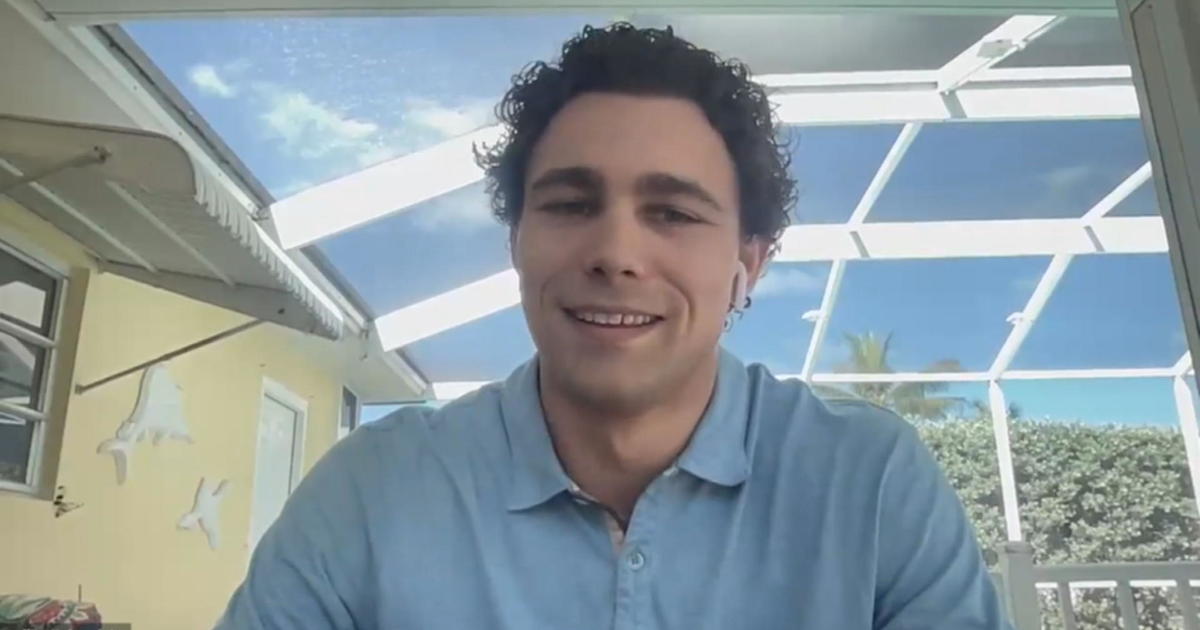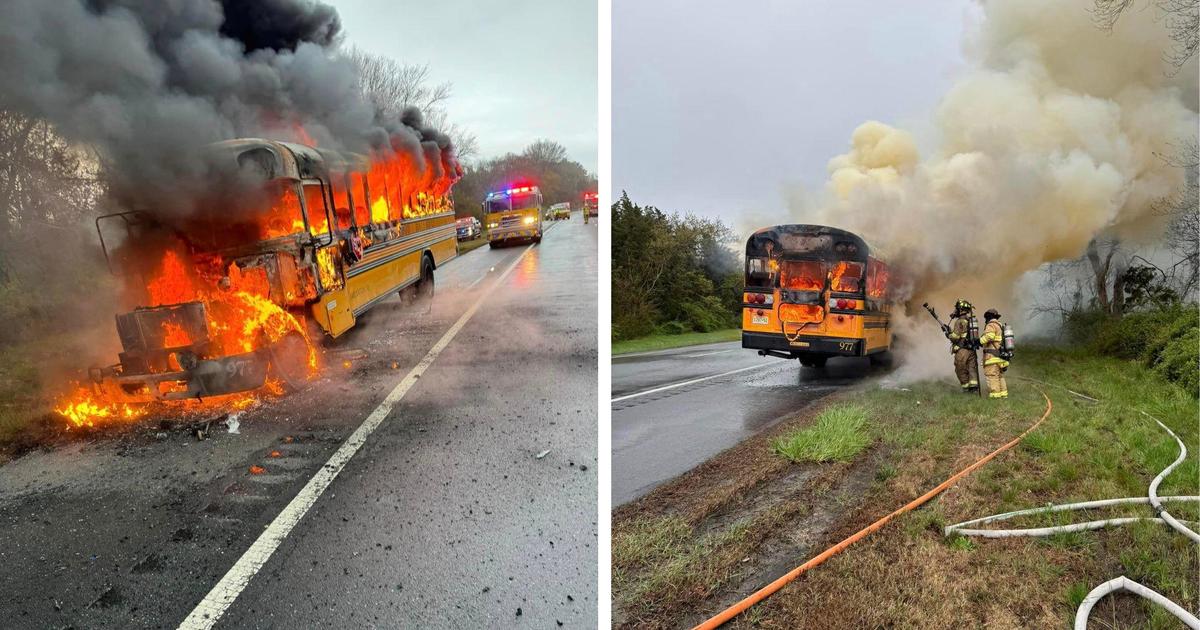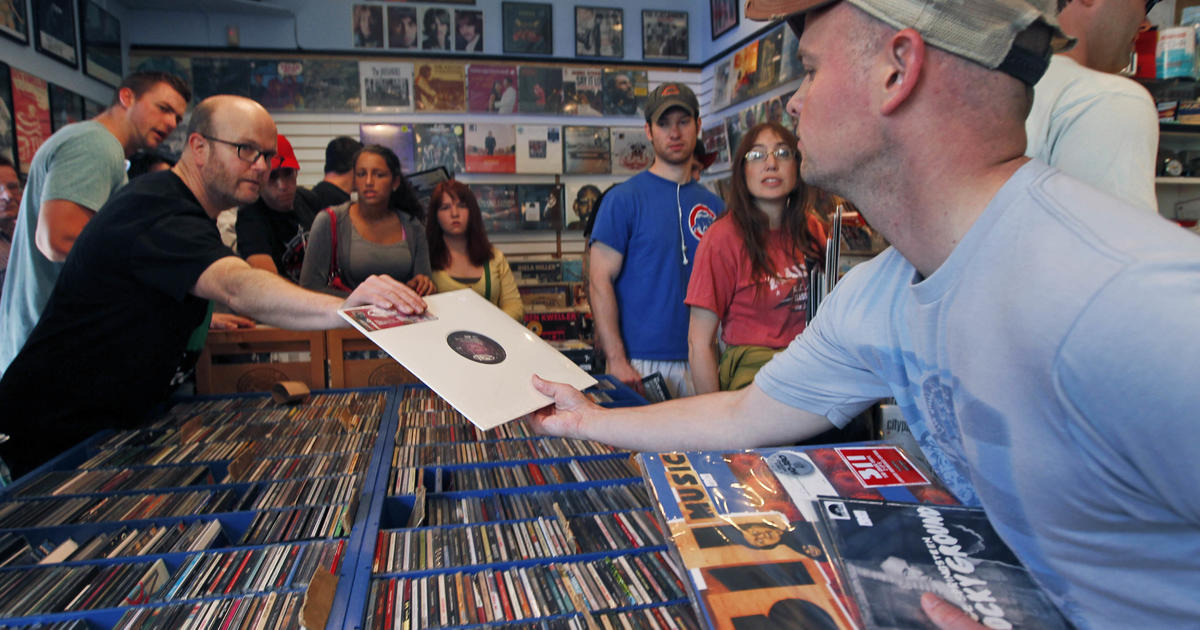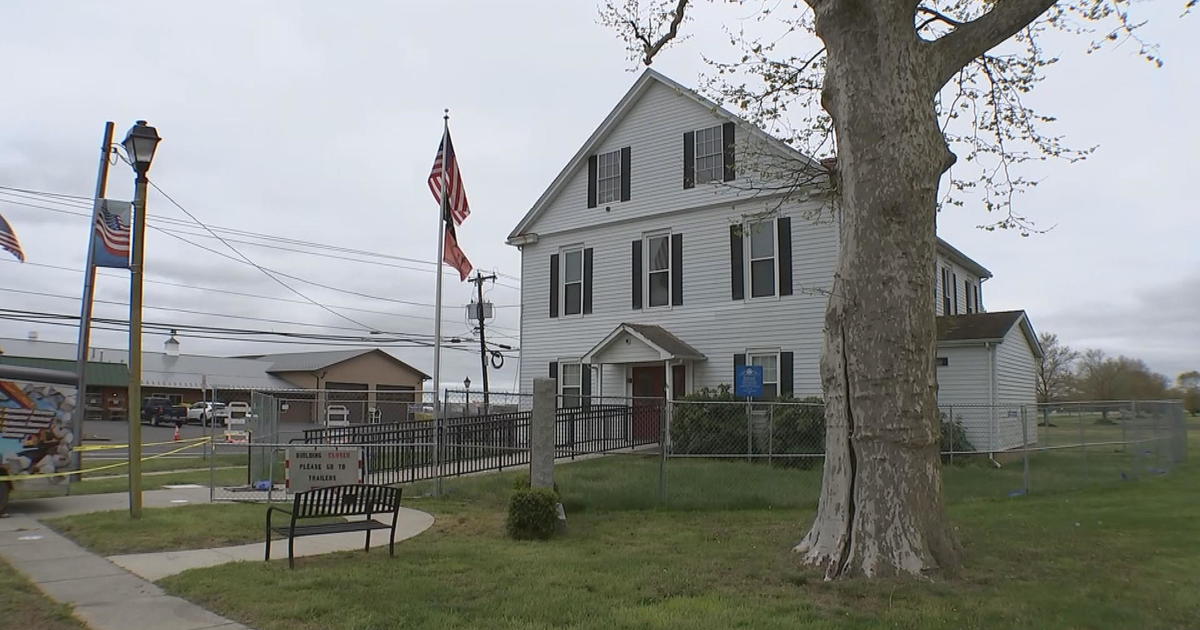3 On Your Side: The Fire Stopper
by Chris May
PHILADELPHIA (CBS) - Seven people die every day in home fires in the United States. Safety advocates say that doesn't have to happen. They say one thing can make a huge difference and one day save thousands of lives. Tonight 3 On Your Side shows you the fire stopper up close.
Fire has no mercy. A single spark left to its own devices will consume a house in minutes. The Philadelphia Fire Department Training Academy let us see the power of fire up close.
Now imagine seeing fire going up a wall of your house.
"Saw an orange glow..."
That happened to Al Guidotti of Lansdale at 4 in the morning.
"The fire alarms did not initially go off because the fire raced up before the smoke did," he said. He woke his wife, Nancy, and ran to get their son.
"I saw them coming out," Nancy said, "and right behind them was barrels and barrels of smoke, and then the windows just exploded."
They estimate it took 15 minutes to lose their house.
"I still have nightmares about it sometimes," Nancy said.
David Kurasz of the New Jersey Fire Sprinkler Advisory Board said, "People usually think they have five to ten minutes to get out in a fire situation. In reality, they don't."
Kurasz says today's homes are built with lightweight material that burns fast. That's why his organization is lobbying for sprinklers in all new residential construction in New Jersey to save property and lives.
A crowd gathered to watch their demonstration: Side-by-side rooms with identical furniture set on fire. The only difference? A sprinkler.
In the first room, at 25 seconds, flames are reaching up the drapes. At 45 seconds, the bed is catching fire. At one minute 19 seconds, you can feel the heat from yards away. At one minute 35 seconds, the crowd hears and sees an explosion. "There you go. That's the flashover," Kurasz said.
"I used to think it would take a couple of hours to get all big," said one boy who watched. "But it just took like one minute."
Firefighters suited me up to see for myself. Just moments into a fire, smoke builds quickly. So does heat. Once the temperature at the ceiling of the room hits 155 degrees, a sprinkler goes off.
Back at the demonstration, in 30 seconds, the heat sets off the sprinkler and douses the flames.
Two rooms...
"That looks like a burnt marshmallow," said one girl of the first room.
...two endings.
"This one was safer. But this one had a little more action. But I'd like that one," said one boy.
"Is it something that you would think about maybe in your own home?" Chris May asked one father.
"After seeing this? Yeah!" he said.
Kurasz said, "In New Jersey, we lose about 70 citizens a year due to fire death. And again, 70 to 80 percent of that number is directly in residential structures, so that's where we're really trying to save lives."
Lives like Karla Cortes. Her little brother accidentally set her bed on fire. "The whole bed was just engulfed in flames," she said.
But her bedroom had a sprinkler. In Wayne, Pennsylvania, where she and her family live, new homes are required to have sprinklers.
Victor Cortes, her father, said, "If I build another house, I will, I will, I would do it. Definitely. There's no question about it."
The Guidottis have rebuilt with sprinklers like these, hidden inside their ceiling, because they've seen fire up close.
"If we were five seconds later, ten seconds later, we would have been toast," Al Guidotti said.
The New Jersey Assembly has passed a bill to require sprinklers in new home construction. It's now in the Senate. Some Pennsylvania communities have similar requirements.
But many builders say, at two dollars a square foot in new construction, sprinklers are expensive and should not be mandatory.
You can retrofit an older home, although it costs at least double the cost compared to new construction.



